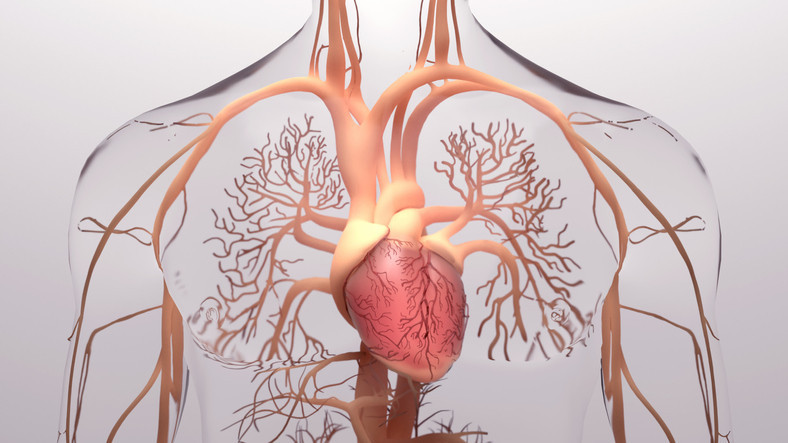
What are somatic workouts?

How to curb your stress eating

How to spot Parkinson’s disease symptoms

8 simple ways to reduce ultra-processed foods in your diet

Heart failure symptoms in women: How they’re different

GERD diet: Foods to avoid to reduce acid reflux

Strong is the new skinny

Everyday habits that sneakily weaken your bones

Don’t wait to get help for back pain

Correcting how you walk may ease osteoarthritis knee pain
Stroke Archive
Articles
The case of the bad placebo
A trial from 2019 showed a medication dramatically reduced triglyceride levels in participants, but subsequent analysis found that the placebo used in the trial may have negatively affected those assigned to take it.
Long periods of sitting tied to higher risk of stroke
Sitting too much can boost stroke risk. But adding more movement—even low-effort activity such as doing household chores—may help lower that risk.
Putting potassium in perspective
Too much or too little potassium can harm the heart. Diet, medications, and kidney function can affect the body's potassium level. Dietary potassium helps keep blood pressure in a normal range, but most Americans don't consume enough of this mineral. However, people taking medications that raise potassium levels—which includes certain drugs to treat high blood pressure and heart failure—should avoid salt substitutes made with potassium chloride.
How good is your cardiometabolic health — and what is that, anyway?
An analysis shows less than 7% of adults in the US meet the criteria for optimal cardiometabolic health. Taking small steps to help control and improve key risk factors can reduce the odds of a heart attack or stroke.
What is the ideal blood pressure number?
Recent guidelines suggest a blood pressure reading of less than 120/80 mm Hg as normal. But the ideal number for individuals depends on their individual goals and whether they also have a chronic condition, such as heart disease or kidney disease.
More benefits of a Mediterranean diet
A randomized trial published May 14, 2022, in The Lancet found that people with heart disease who ate a Mediterranean diet for seven years had a 26% lower risk of having a heart attack or stroke, compared with people who ate a low-fat diet.
Women more likely than men to show atypical stroke symptoms
A 2022 study found that women are more likely than men to have "generalized" stroke symptoms such as weakness and confusion, in addition to classic signs such as speech or movement problems.
What you need to know about aphasia
Brain damage can cause the language disorder aphasia. It affects a person's ability to understand or produce speech. Coping with aphasia requires treatment for the underlying cause and speech therapy to learn how to communicate despite language deficits. If the cause of the aphasia improves, so may the aphasia. But many people will continue to live with some level of aphasia, especially if the cause of brain damage is a progressive disease, such as Alzheimer's.
Stroke risk rises in people who develop depression after a heart attack
A 2022 study found that people who have depression after a heart attack are nearly 50% more likely to suffer a stroke compared with heart attack survivors who don't develop depression.
The ABCs of atrial fibrillation
About one in 11 men ages 65 and older has atrial fibrillation (afib), a heart rhythm disorder that causes an irregular and often faster-than-normal heartbeat. Afib can be persistent and chronic, or it can happen intermittently. People might have no symptoms with either variety, or afib can cause lightheadedness, shortness of breath, chest pain, or extreme fatigue. But the biggest worry is a fivefold increased risk of stroke. The main treatment choices for people are rate control with medication, or rhythm control, done with medication or a procedure such as electrical cardioversion or catheter ablation.

What are somatic workouts?

How to curb your stress eating

How to spot Parkinson’s disease symptoms

8 simple ways to reduce ultra-processed foods in your diet

Heart failure symptoms in women: How they’re different

GERD diet: Foods to avoid to reduce acid reflux

Strong is the new skinny

Everyday habits that sneakily weaken your bones

Don’t wait to get help for back pain

Correcting how you walk may ease osteoarthritis knee pain
Free Healthbeat Signup
Get the latest in health news delivered to your inbox!
Sign Up











